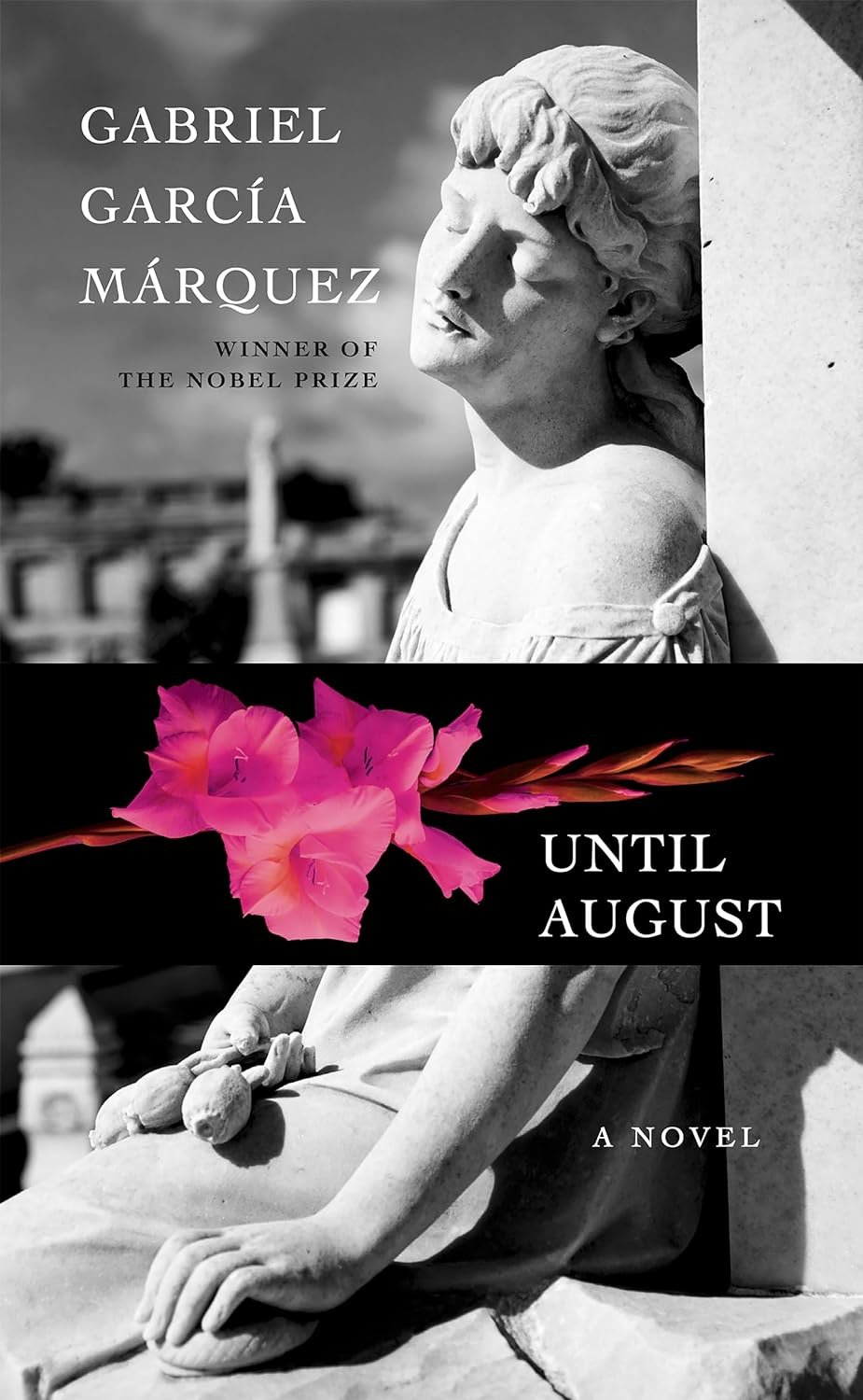Until August
Gabriel García Márquez
A Yearning for Freedom: A Review of “Until August” by Gabriel Garcia Marquez
Unearthing a Lost Gem: “Until August,” a posthumously published novel by the Nobel laureate Gabriel Garcia Marquez, offers a glimpse into the hidden desires and complex emotions of a seemingly contented woman. Ana Magdalena Bach, a happily married woman with children, embarks on an annual ritual of visiting an island, where she indulges in a one-night affair each year on the anniversary of her mother’s death.
Strengths:
- Masterful Storytelling: Marquez’s signature style shines through, weaving a captivating narrative laced with magical realism elements. The evocative descriptions transport you to the sultry Caribbean island, allowing you to experience the heat, the passions, and the melancholic undercurrents of Ana’s story.
- Exploring Hidden Depths: The novel delves into the complexities of human desire and the yearning for freedom that can lurk beneath the surface of seemingly conventional lives. Ana’s annual transgression raises questions about societal expectations, self-discovery, and the courage to break free from societal norms.
- Morally Ambiguous Protagonist: Ana is not a character easily categorized as good or bad. Her actions are morally ambiguous, leaving the reader to grapple with their own interpretations and judgments. This complexity adds depth and nuance to the narrative.
Considerations:
- Limited Scope: The story unfolds primarily within the confines of the island and Ana’s annual visit, leaving certain aspects of her life and motivations unexplored. Readers might crave a deeper understanding of her relationship with her family and the factors that shaped her desires.
- Repetitive Theme: While the exploration of hidden desires is masterfully done, the focus on this theme may feel somewhat repetitive, especially for readers familiar with other Marquez novels that delve into similar territory.
Overall: “Until August” is a captivating and thought-provoking read. It offers a nuanced exploration of human complexity, leaving a lingering impression of the yearning for freedom and the price we pay to conform to societal expectations. While it might not be as groundbreaking as some of Marquez’s other works, it still holds value for its beautiful prose, intriguing premise, and unique perspective on human desire.
Recommendation: Recommended for fans of Gabriel Garcia Marquez and his magical realist style, readers interested in exploring complex female characters and the theme of personal freedom, and those seeking a thought-provoking literary experience.

